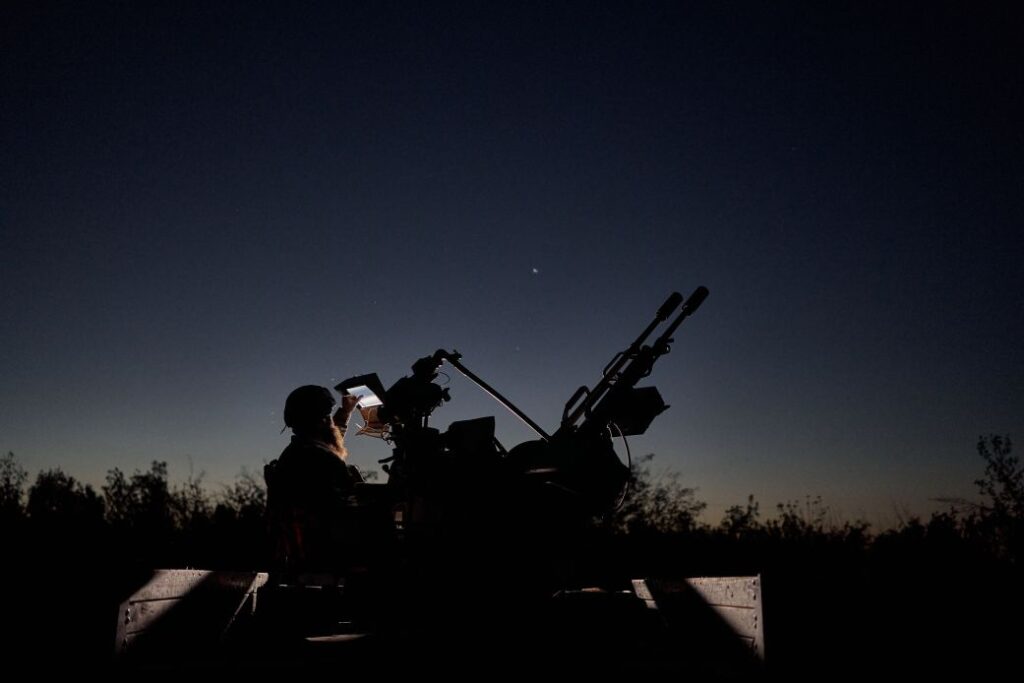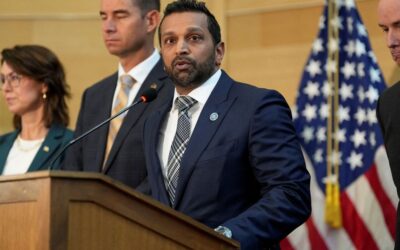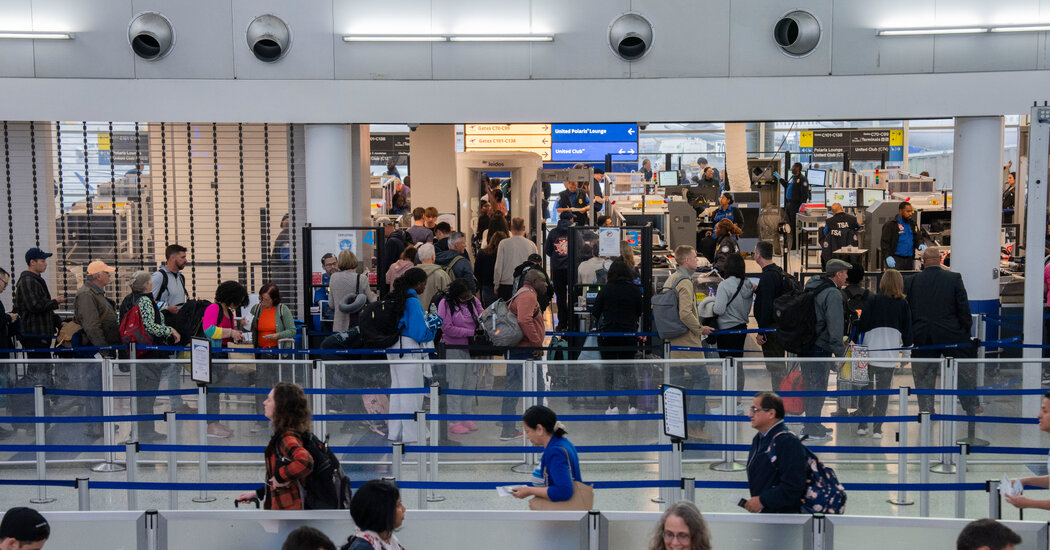It was not the applause, or the red carpet, or the ride in the Beast, or speaking first on the podium, that were the biggest gifts offered up to Vladimir Putin at the Alaska summit. President Donald Trump’s greatest favor to his Russian counterpart was time.
Russian success or failure on the front line will be measured in a matter of weeks. Putin has until mid-October until the weather cools, ground softens, and advances become harder. That is a full two months. His forces are on the brink of turning painfully incremental and costly micro-advances into “nowhere” villages in eastern Ukraine into a more strategic gain.
Almost every day, another settlement falls. The secondary sanctions Trump has threatened – which would penalize those buying Russian oil and gas – and has now twice backed away, would not stop Putin’s war effort this year. But it has already clearly piled pressure on him, in the forms of calls from the leaders of India and China, and may have led him to accept the invitation to meet with Trump in Alaska, where he was welcomed so graciously.
Putin does not want to maintain a lengthy war effort under economic pressure from his two main energy customers and effective sponsors, themselves having to endure tariff pain from the United States. And so, he is in a rush on the battlefield, but agonizingly slow at the negotiating table.
Trump’s instincts correctly assessed that reality in Anchorage, his pained expression belying the positive claims from Russian and American staffers of how well the meeting had gone. Getting on well with another president you have welcomed with clapping and a limousine is not real diplomatic progress. And he perhaps knew that.
Continue reading the complete article on the original source



